In this month’s regular column from CEJA (European Council of Young Farmers), Massey Ferguson speaks to Matteo Bartolini, CEJA President, about the links between nutrition, eating habits and the food chain.
MF: Is EU food legislation to blame for higher food prices?
MB: All of us, as European consumers want high-quality and safe food. The EU plays a vital role in that. The European Commission oversees the necessary level of law harmonization thereby avoiding distortion of competition among Member States. A set of common rules for all 28 Member States is less burdensome and expensive than 28 entirely different sets of rules and regulations. So I would say that EU rules allow for healthy competition which can potentially drive prices down. The reason for high prices, most of the time, is to be found in the long food chain and not in EU regulation.
MF: Would you agree that consumers consider the cost of food – as opposed to its quality and dietary issues – as the determining factor when shopping for food? What can we do to change people’s eating habits?
MB: Cheaper food does not always translate into unhealthy food, and we also need to keep in mind that eating habits often depend on different cultures across the Union. EU citizens must be aware of the fact that meeting the most rigorous requirements - like EU farmers do – can, indeed, contribute to higher prices since the production cost for European farmers increases in direct proportion. Europeans are demanding good quality food – in other words, they want to know what they eat and how their food was produced. Under pressure from the public, the EU has put in place a number of tools designed to prevent food fraud cases such as the recent horse meat scandal. Nowadays, information plays a crucial role and that is the reason why the EU has devised health and education initiatives about eating habits. I am also aware that individual Member States have also taken steps to tackle the growing problem of obesity and other unhealthy food-related diseases. In fact, in recent years we have seen consumption of organic products grow which is a clear indication of consumers putting quality above the price. So I am happy to say that signals seem to be positive.
MF: What is your opinion as regards the claim that small farms are less sustainable than their bigger counterparts?
MB: Although this can sometimes be the case, it does not mean that it is the rule. Small farms can be modern and sustainable too. The EU supports small farms by providing funds for modernisation and investments in order to ensure that they not polluters and that they are also economically viable. Our view on the issue is that irrespective of their size, both big and small farms should aim to produce sustainably. The reality nowadays is that increasingly scarce natural resources do not leave farmers with much of a choice. European agriculture does not consist of only small farms or only big farms. It is essential to have a mix of the two as this is part of the culture of European farming.
MF: Do you believe that European farmers’ bargaining power has decreased over the years? What do you think are the reasons behind this and what can they do to gain more control?
MB: European farmers exercise rather little control over the final cost of their products. Past practices have fallen short of providing producers with decent prices at farm gate level, with farmers often getting a fraction of what the consumer pays. However, young farmers in particular are attempting to shorten this chain and find innovative solutions to the lack of bargaining power. Young farmers employ methods such as direct selling in order to improve the functioning of the food chain, while, at the same time, bringing consumers closer to producers and giving them more understanding of where and how their food was produced. Many young farmers are also looking to increase collaboration with others in the form of cooperatives and other producer organisations. This is aimed at maximising their bargaining power, as well as fostering their own marketing strategies and business initiatives. All this is taking place in a competitive market where there is increasing demand for high quality, diverse and safe food. This is an issue recognised by the European Commission which has taken steps to address the problem. We need more initiatives such as these. Young farmers are voicing the need for more support in terms of consumer information and education in order to enable farmers to be price makers and not price takers.
If you would like to get in touch with Mr Bartolini or CEJA, email allusers@ceja.eu
Go to: Massey Ferguson Global Facebook page
Go to: CEJA Young Farmers Facebook page


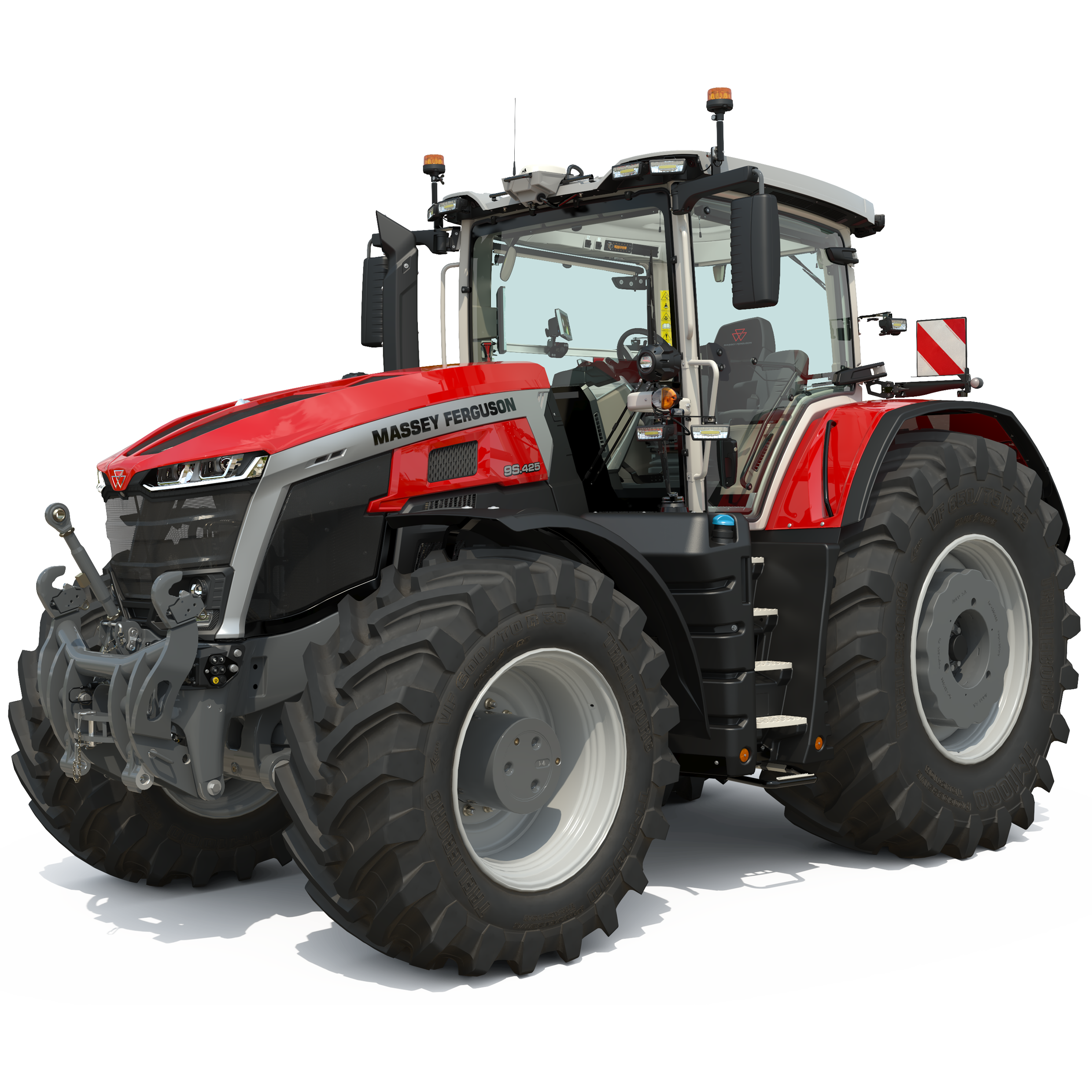
















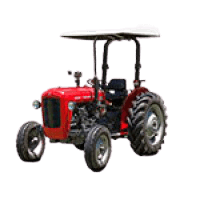
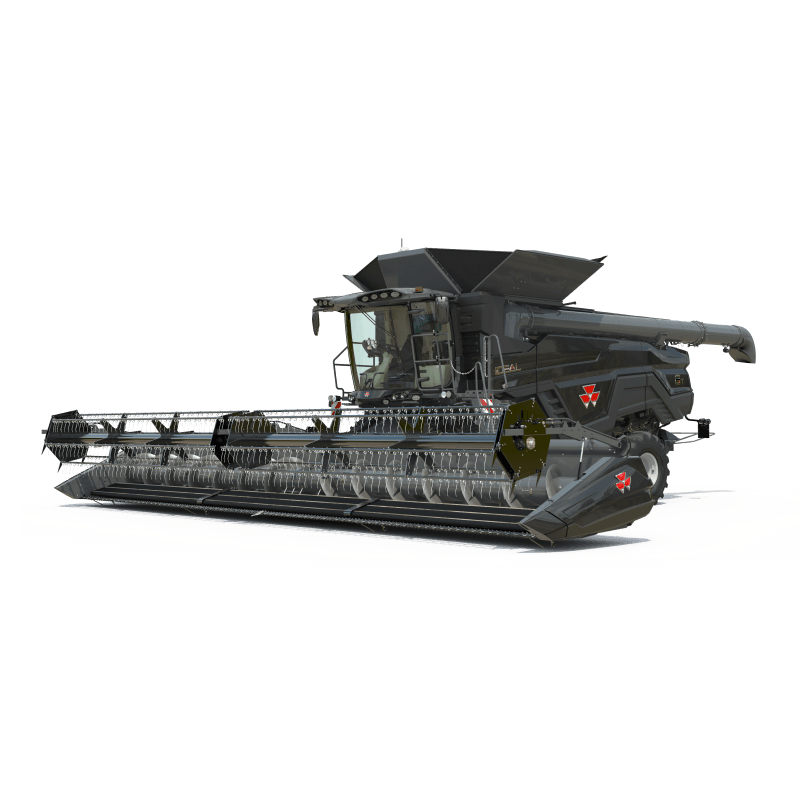
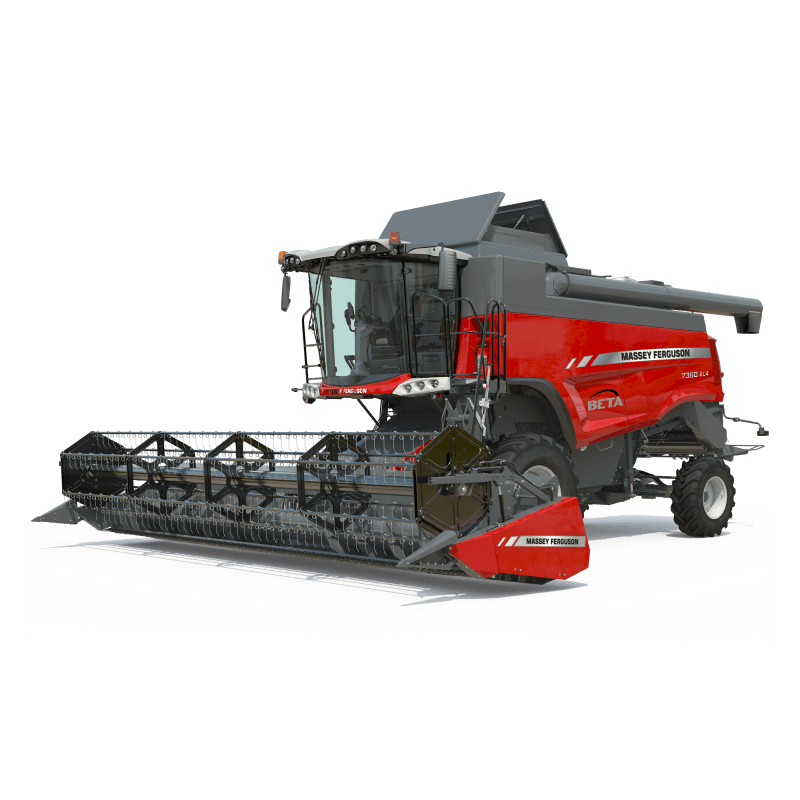
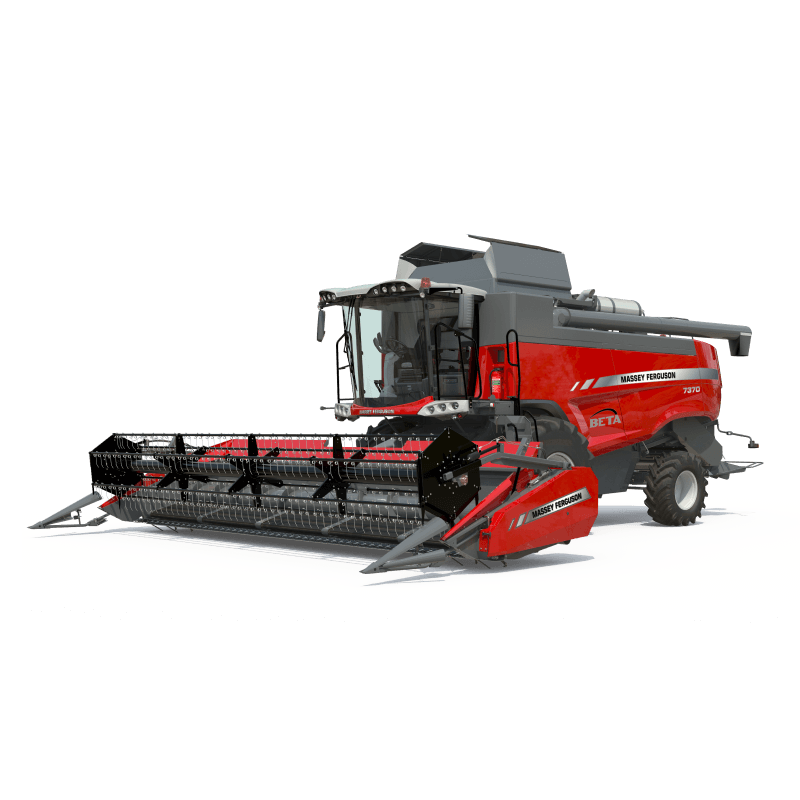
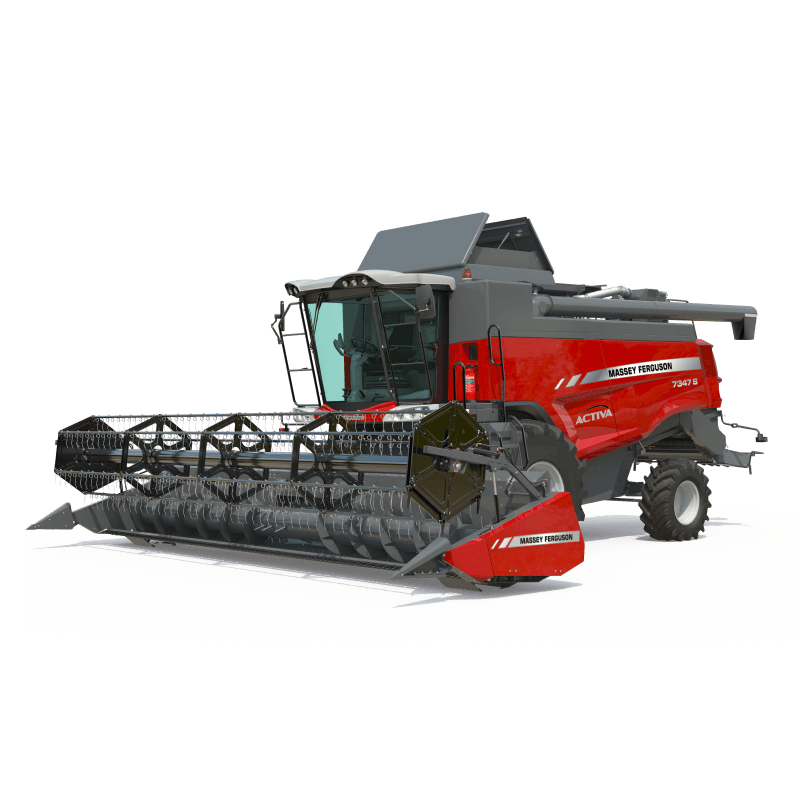
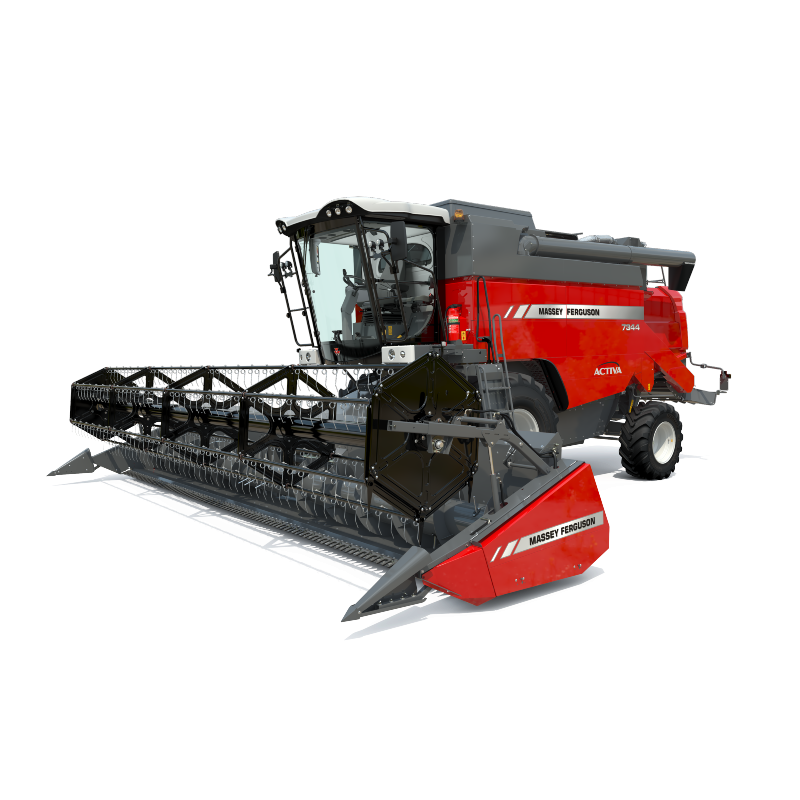

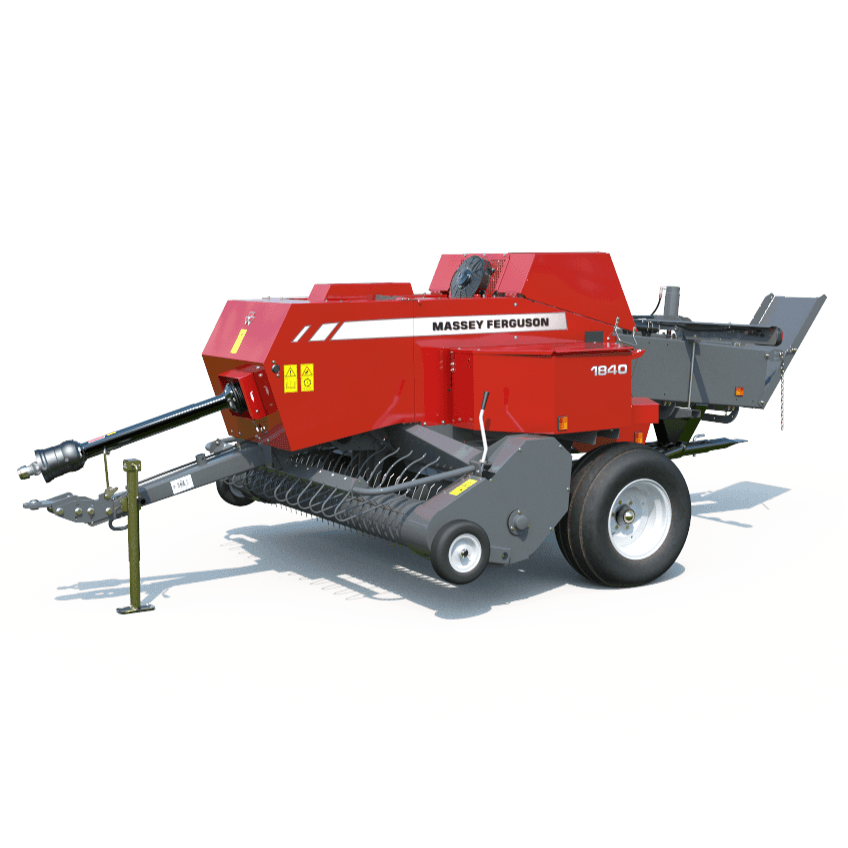
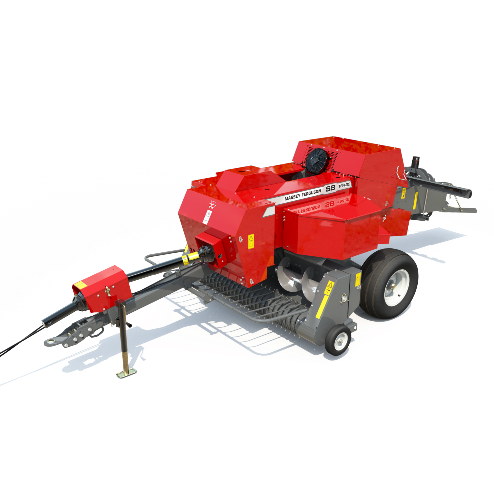
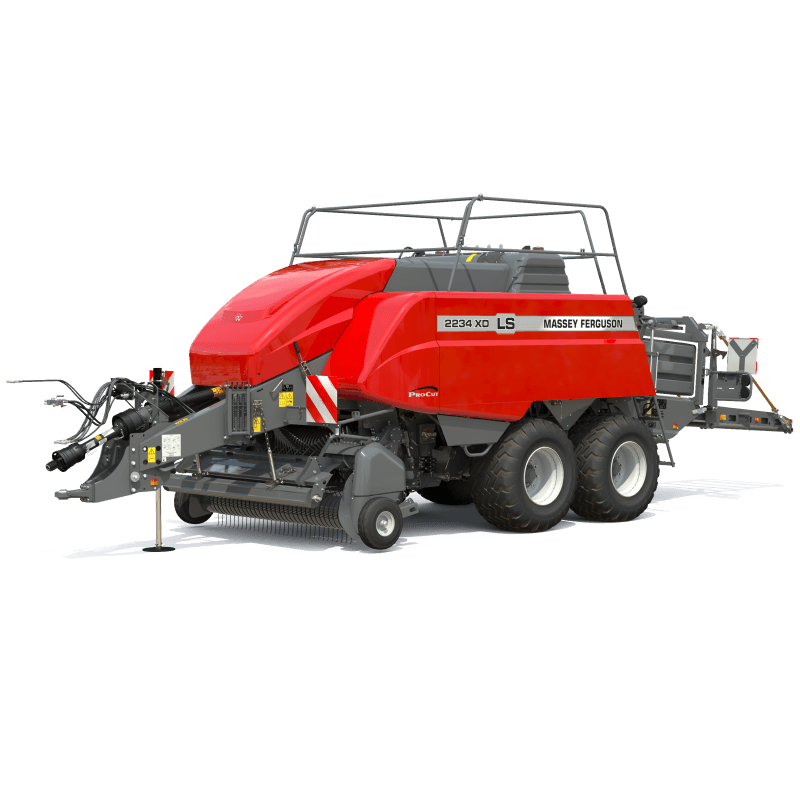












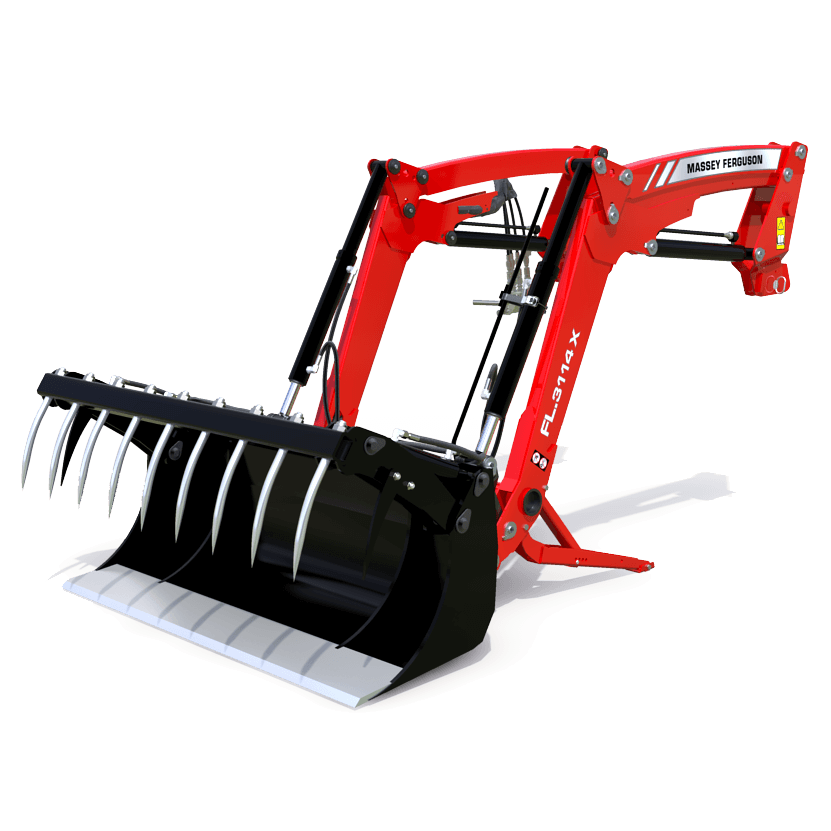
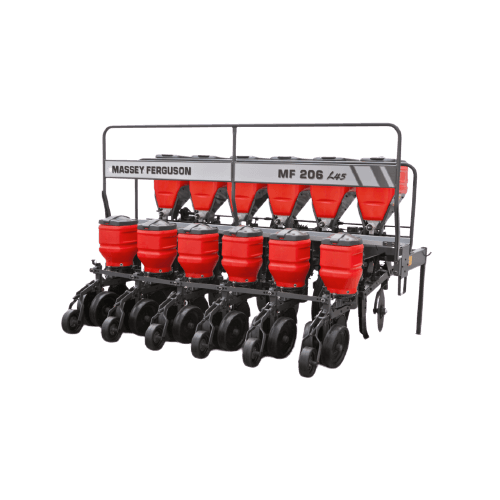
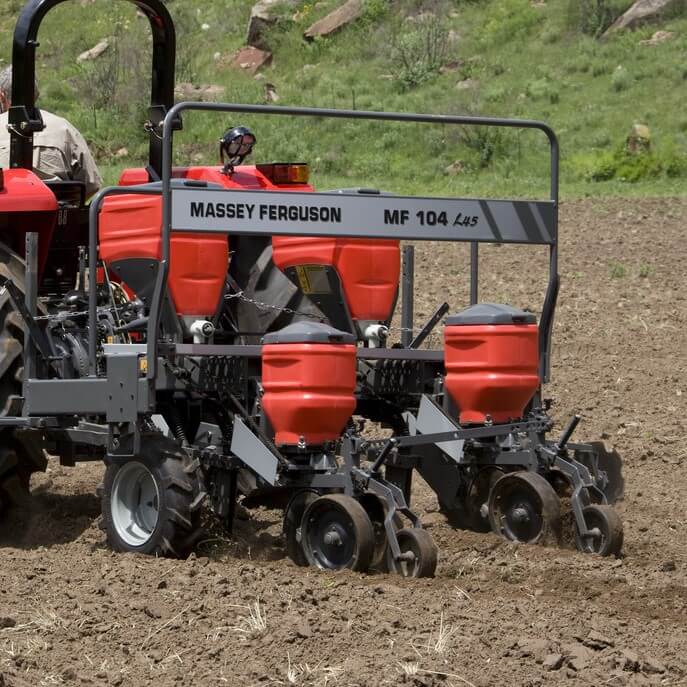
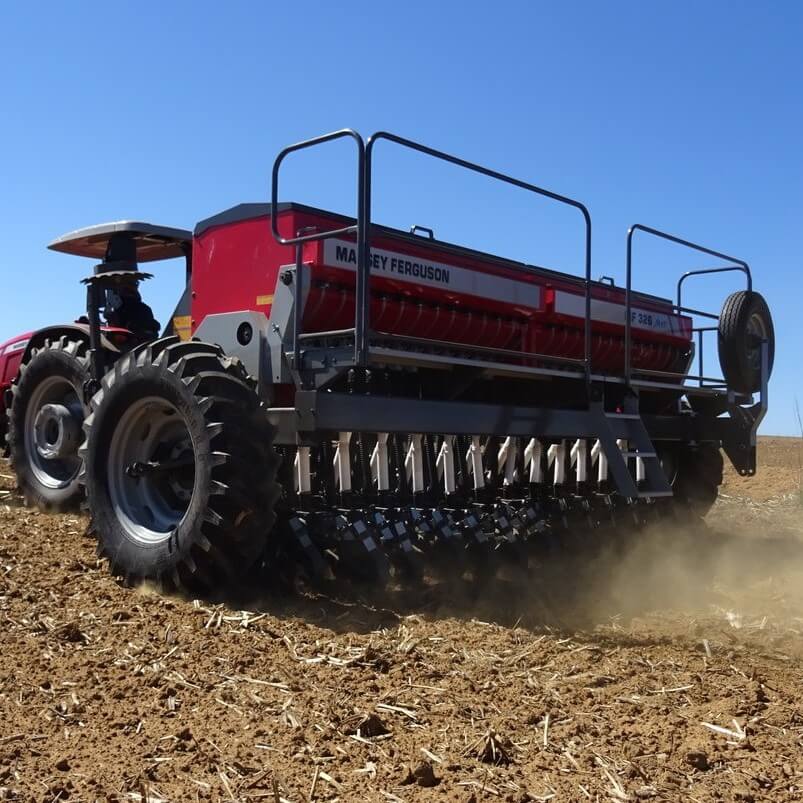
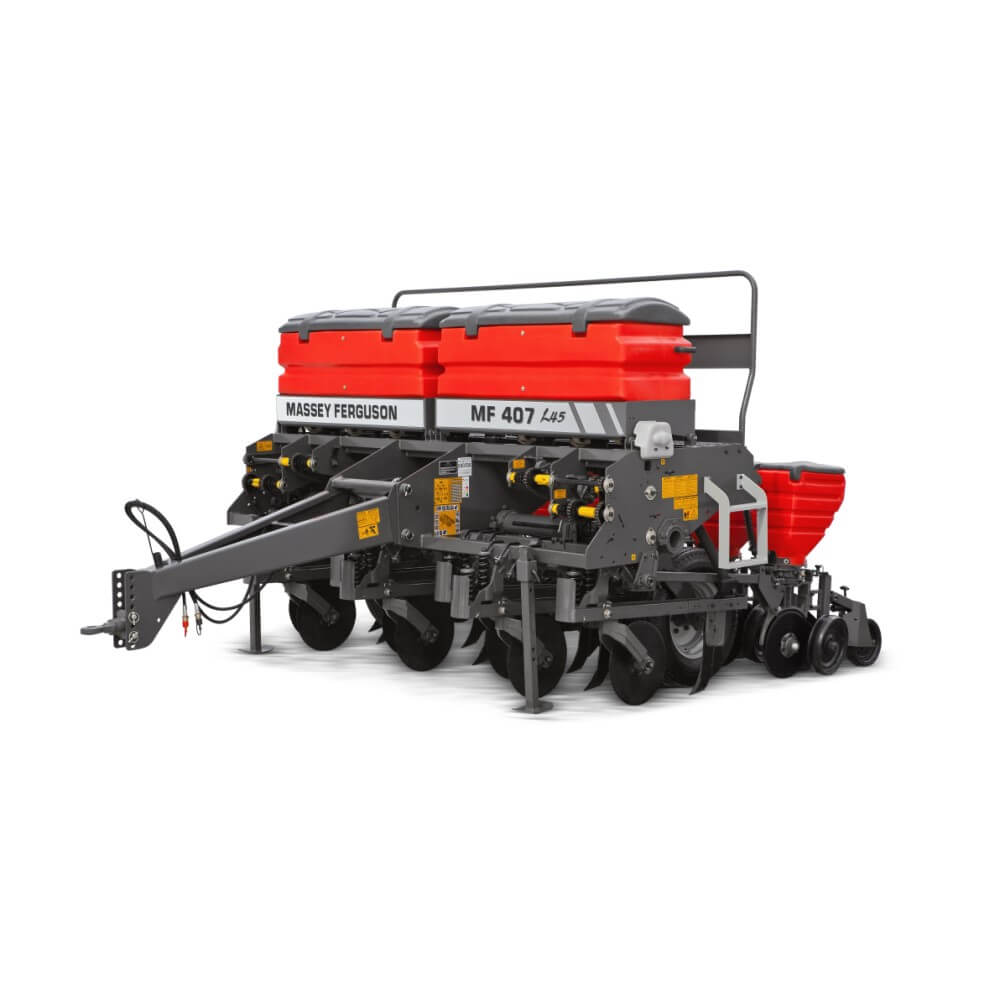
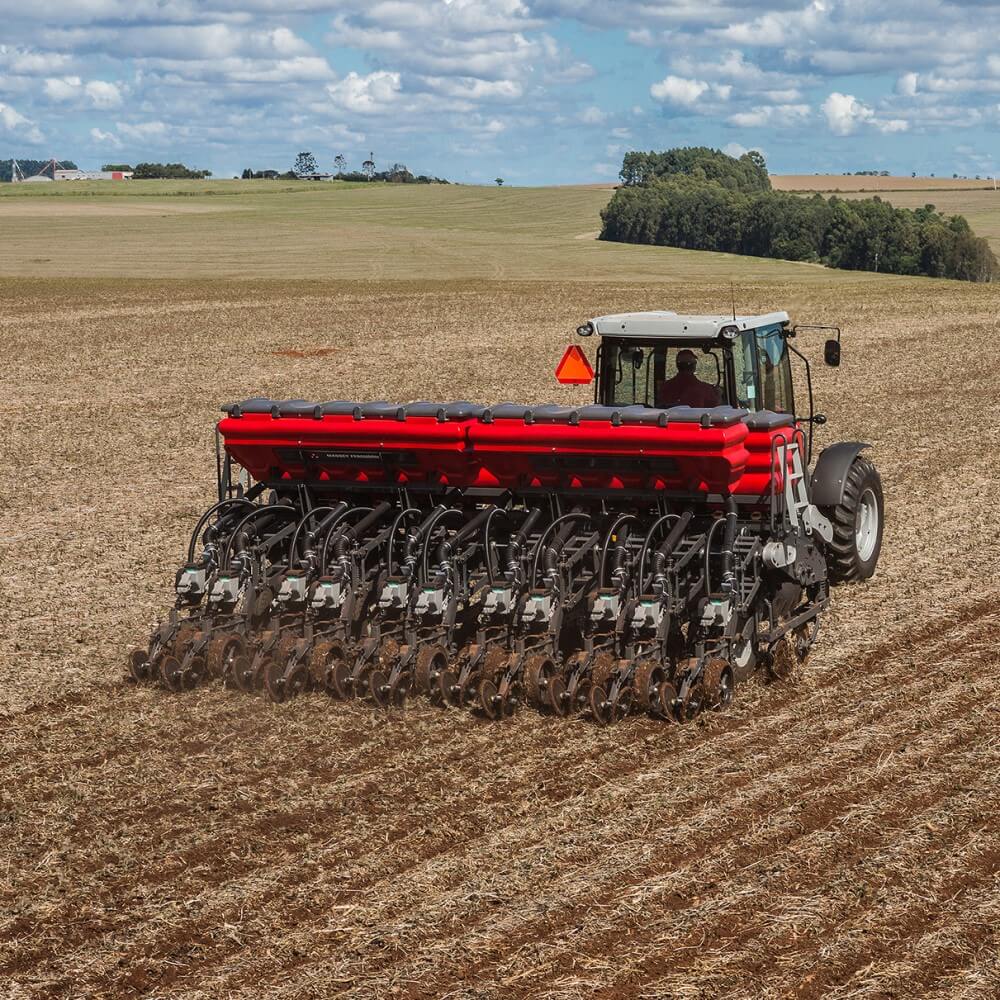
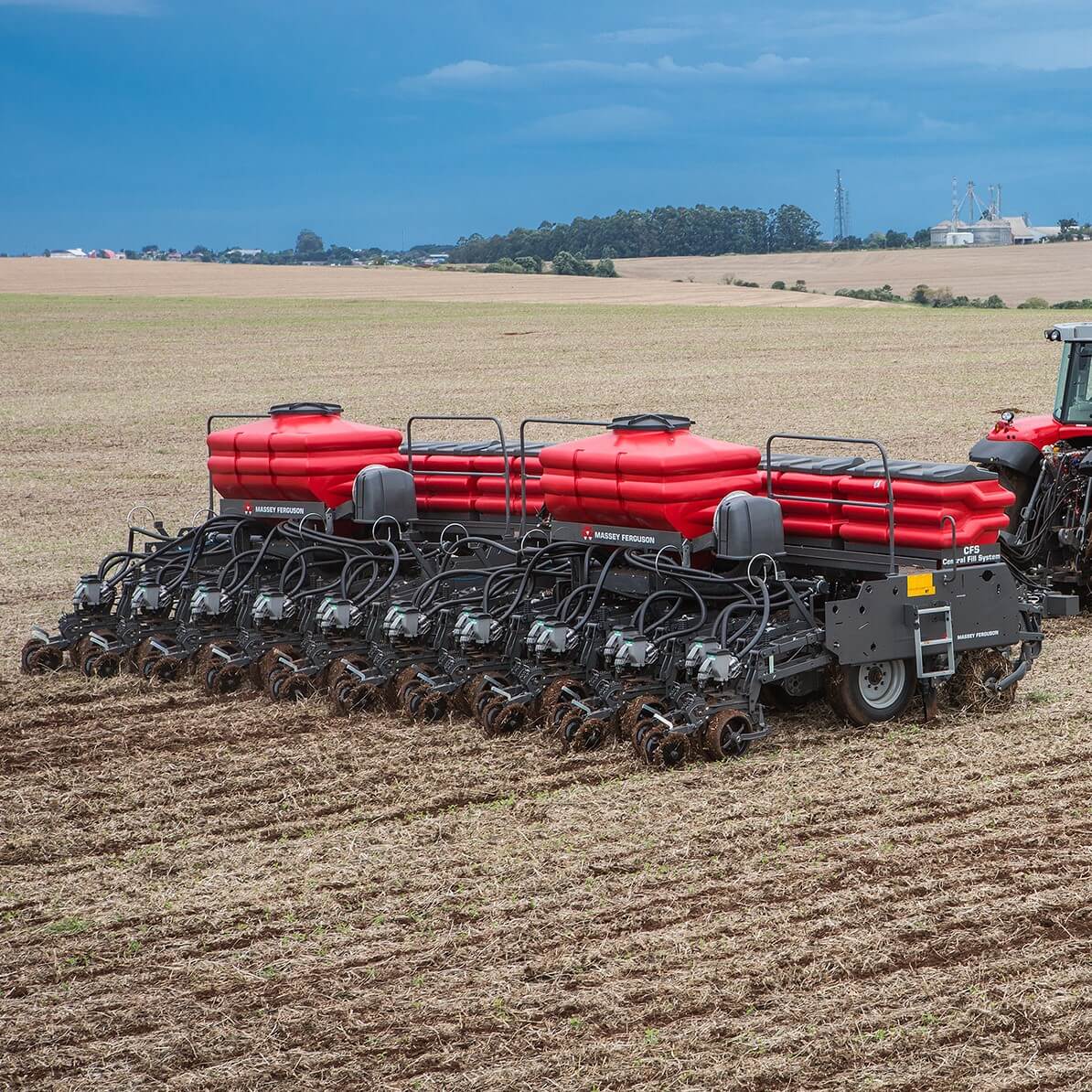
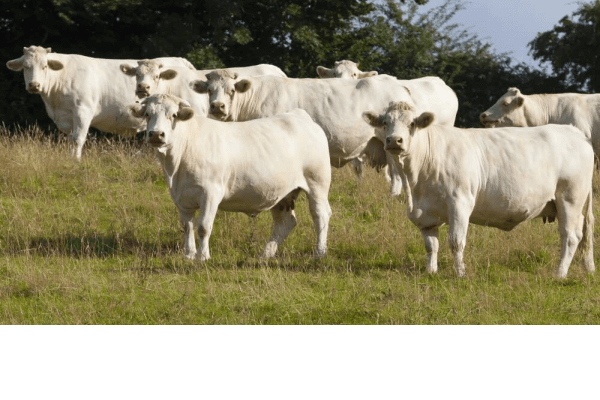



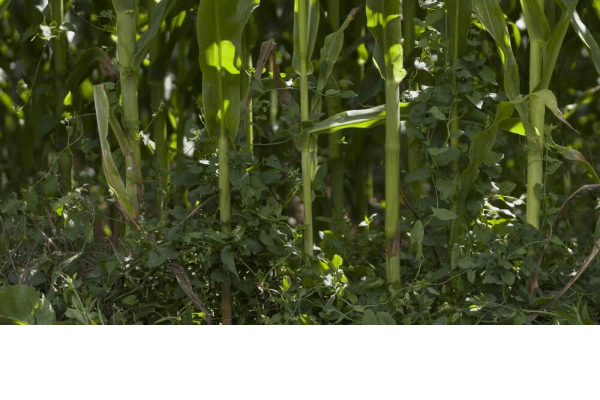
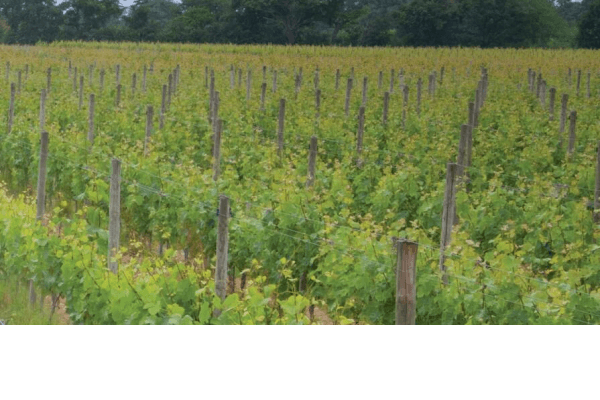
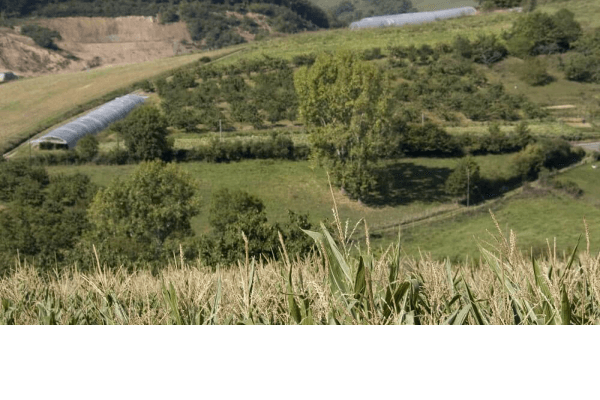
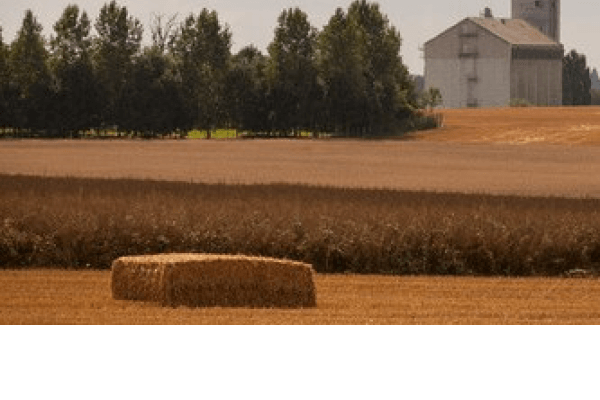

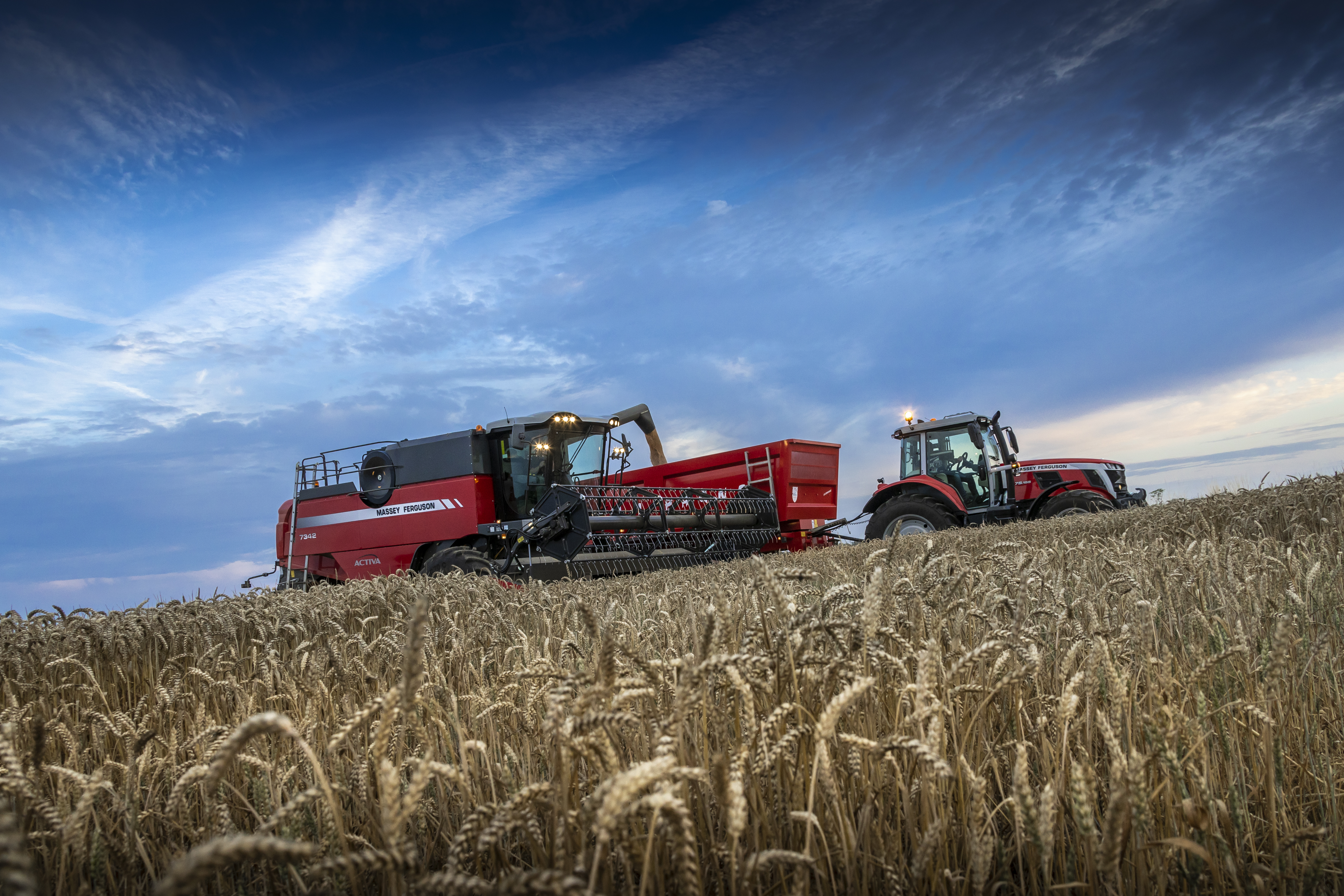
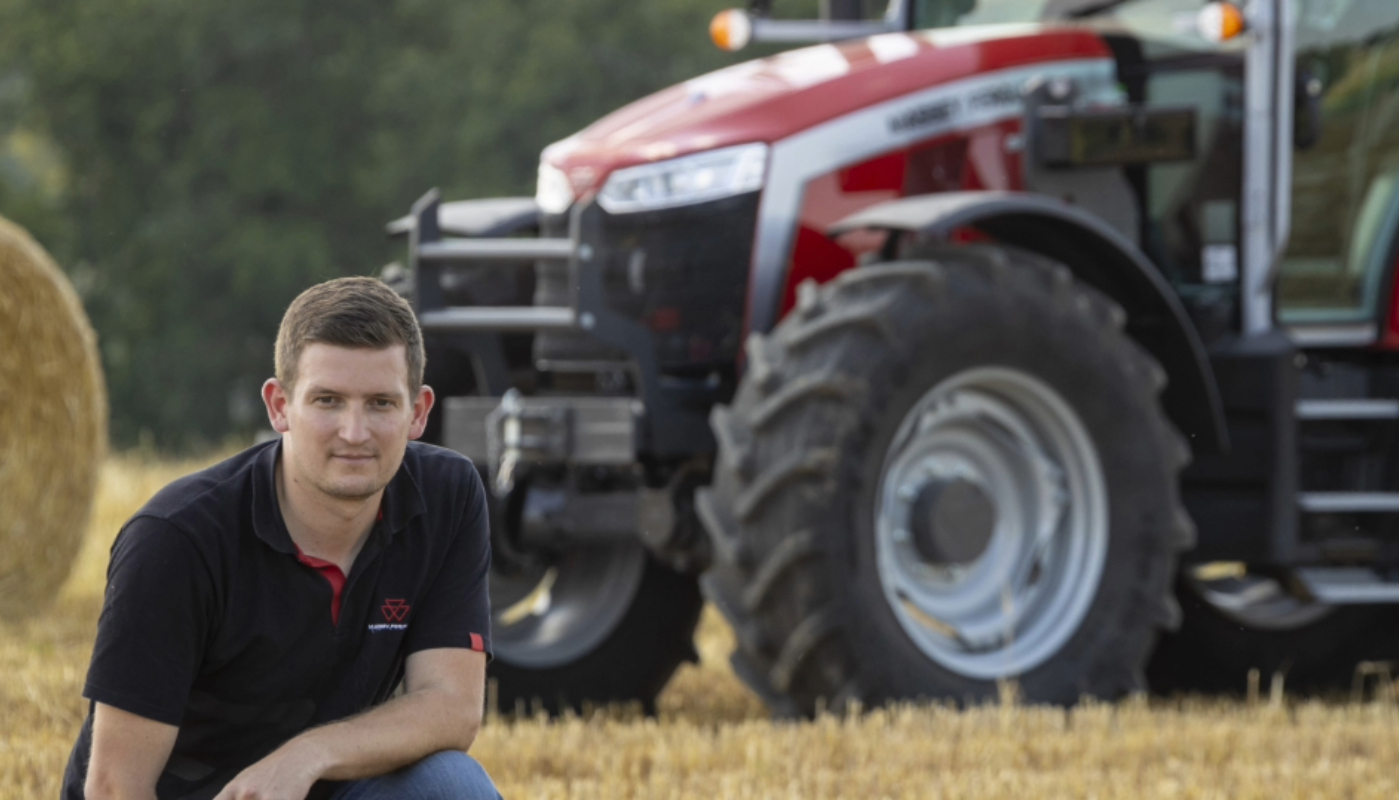

Share